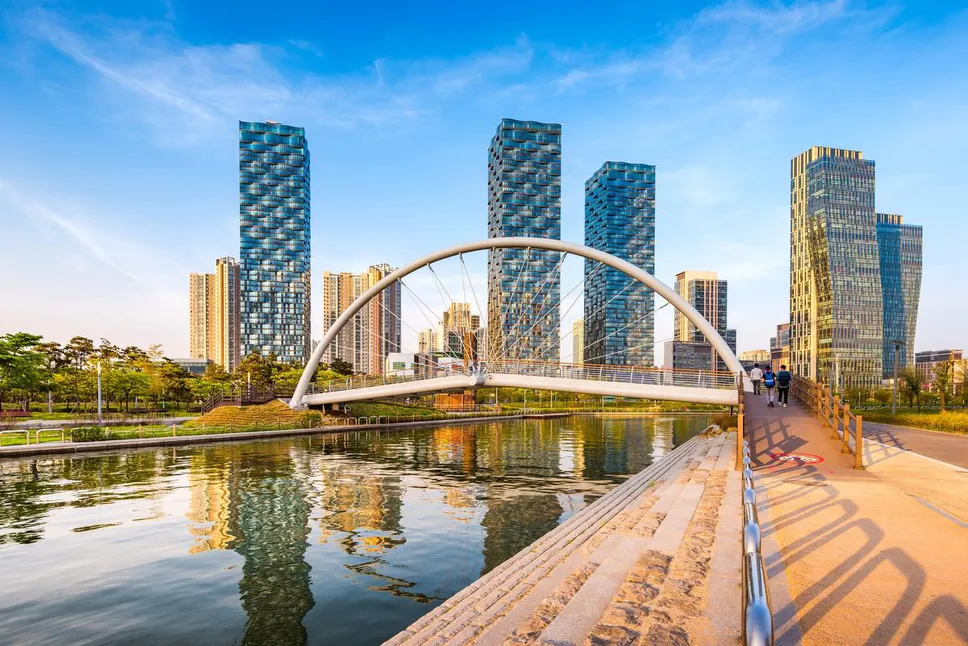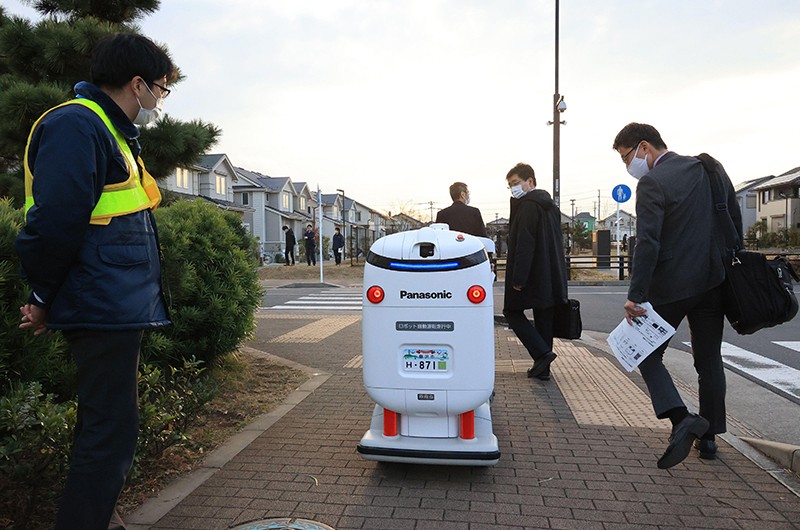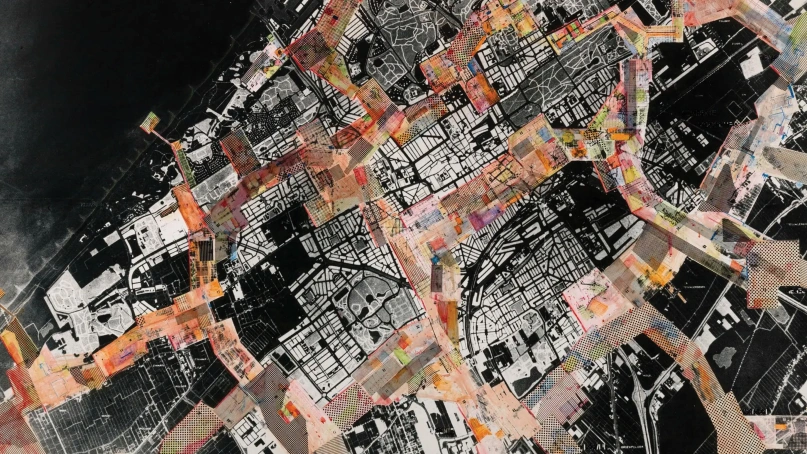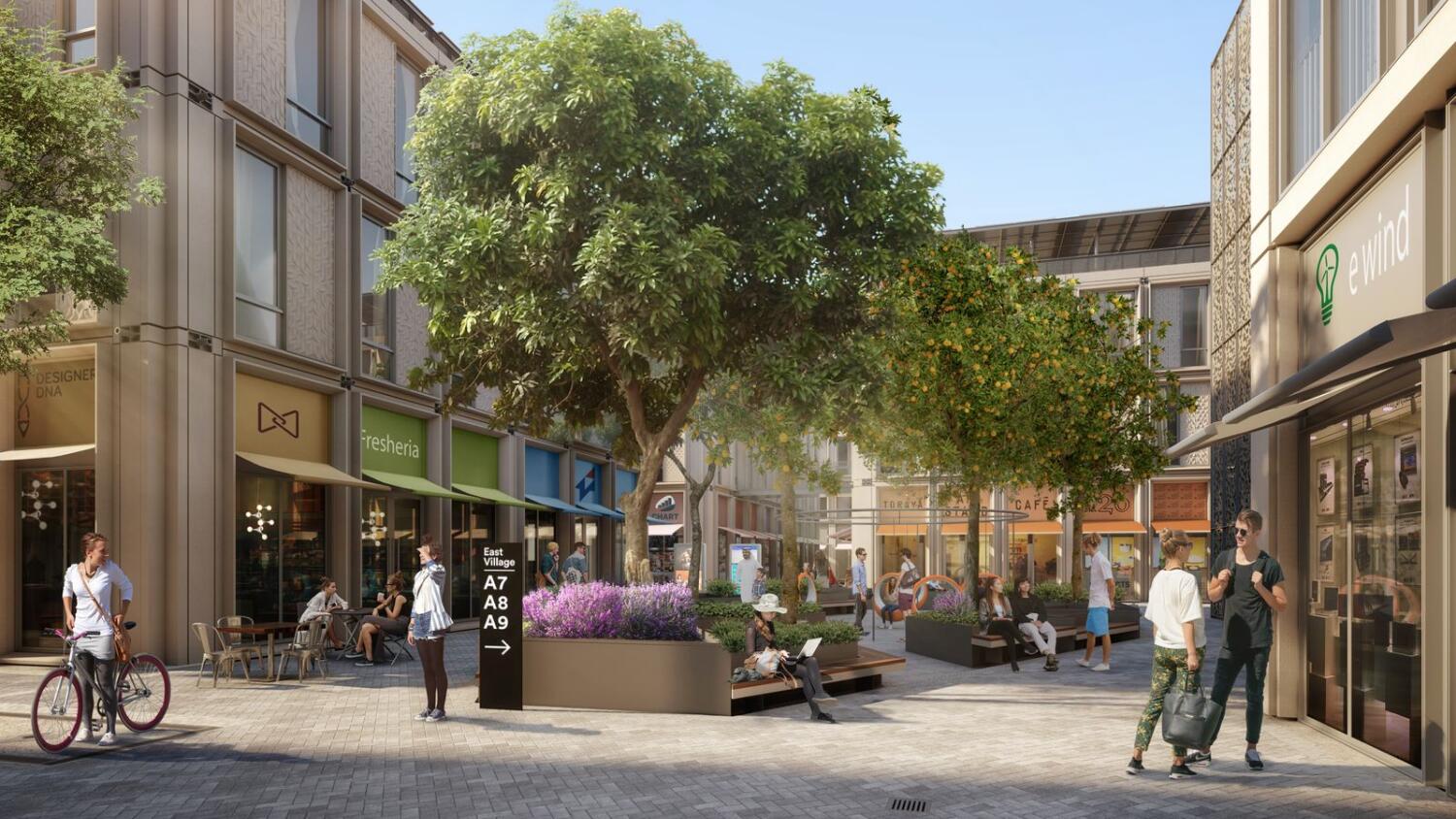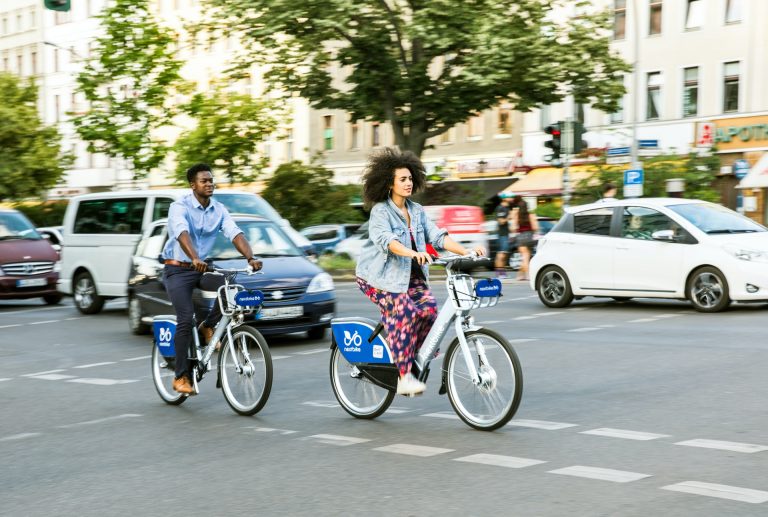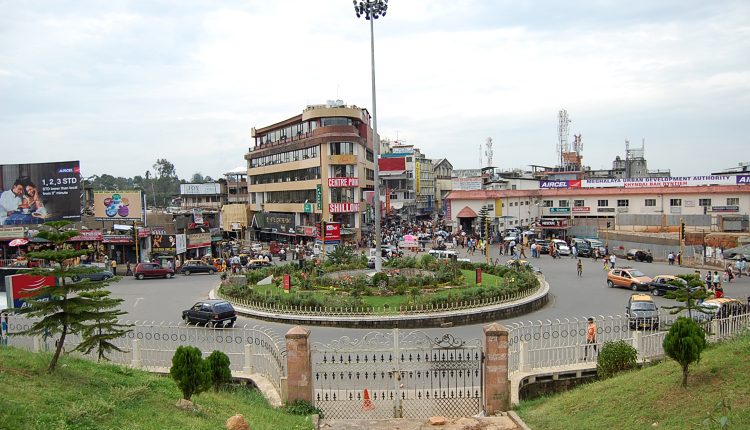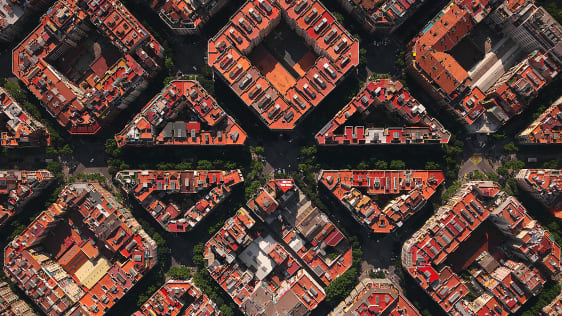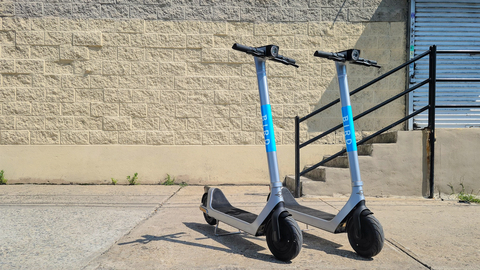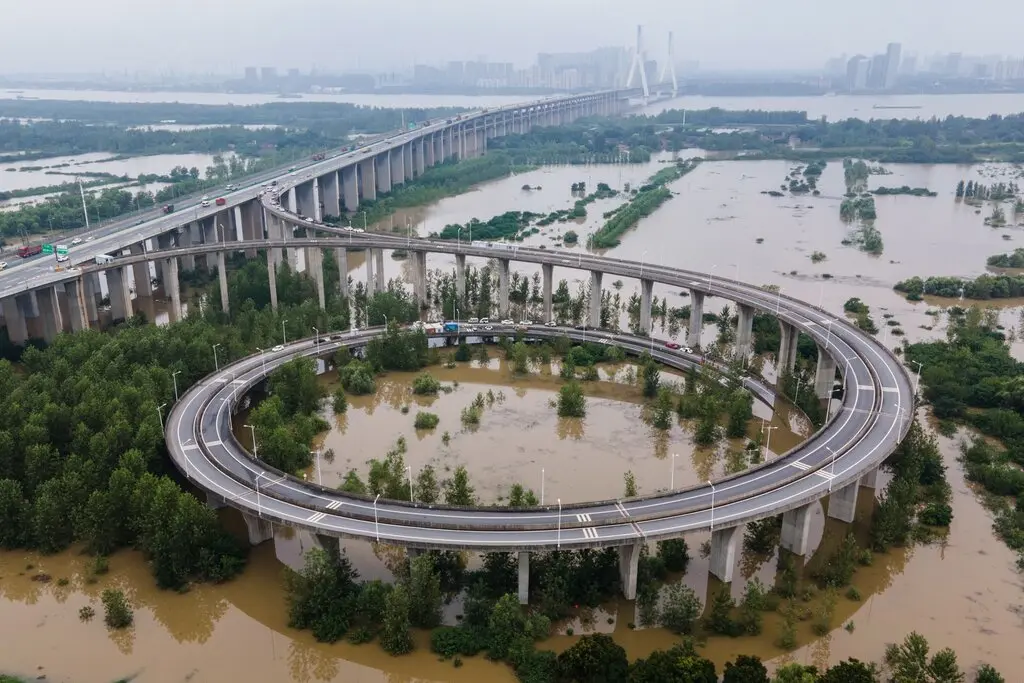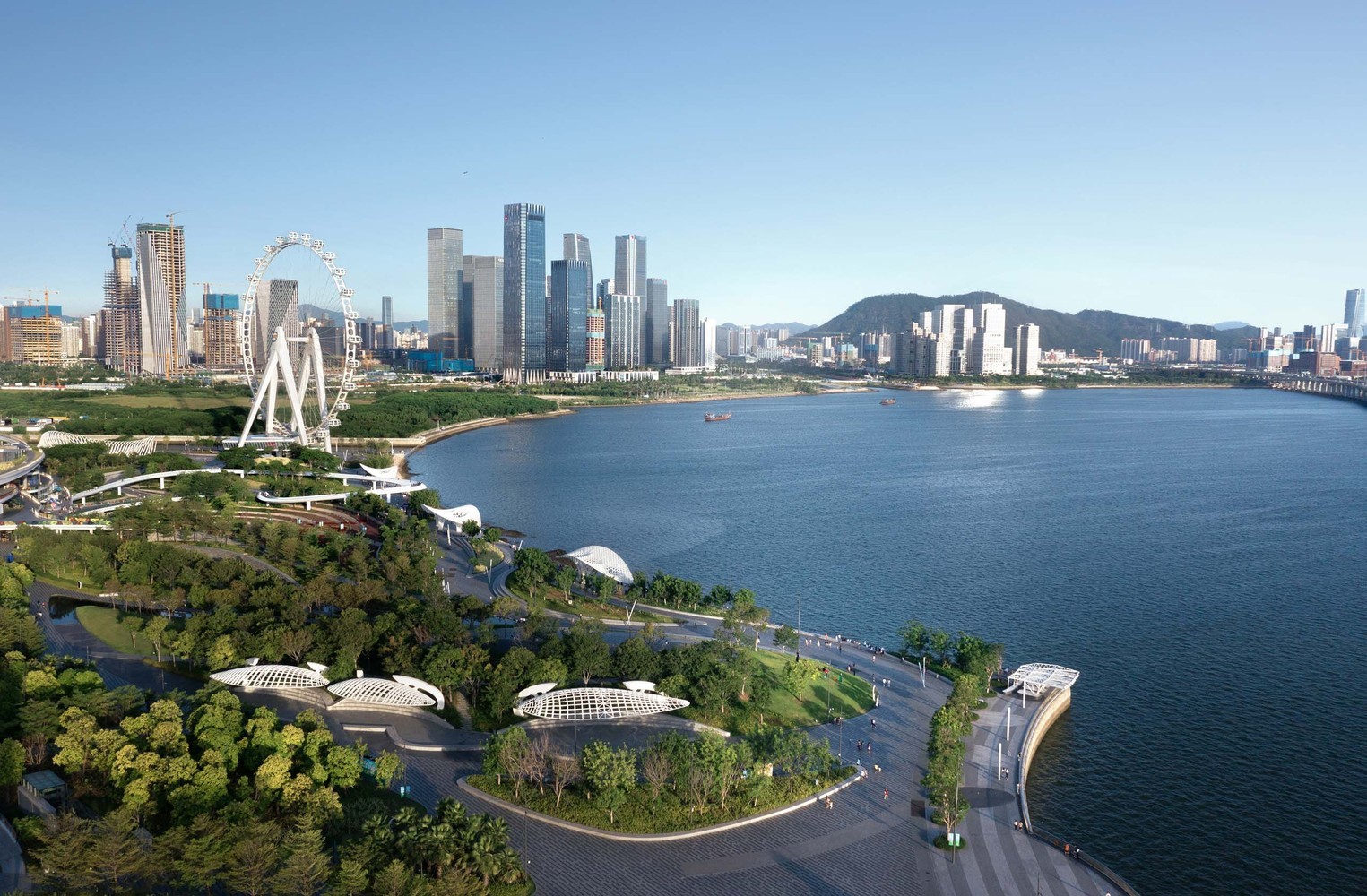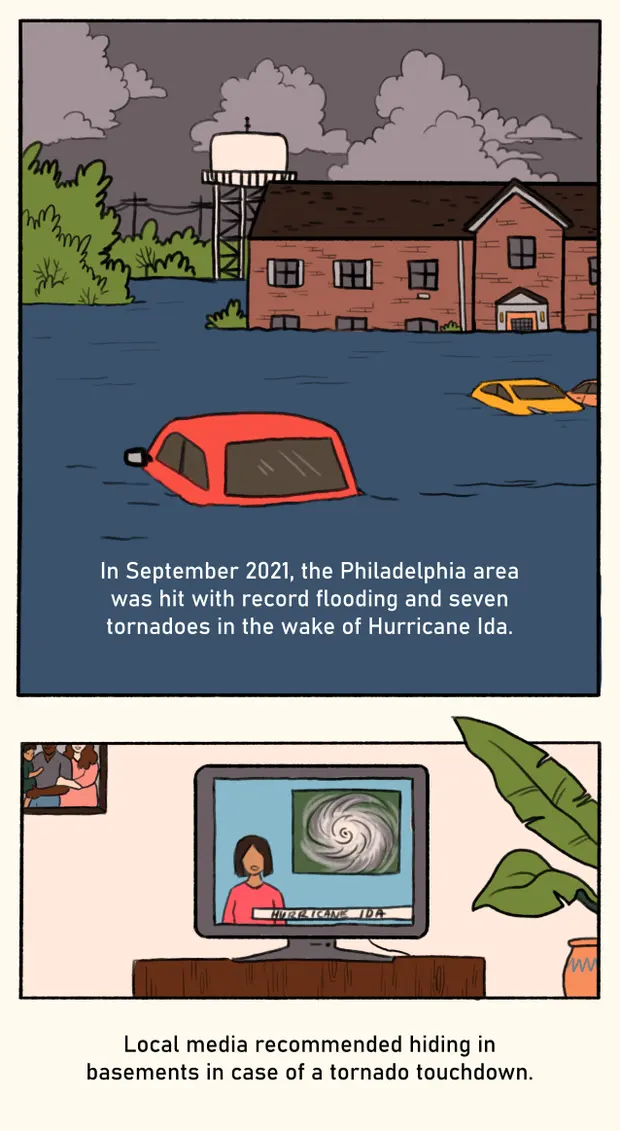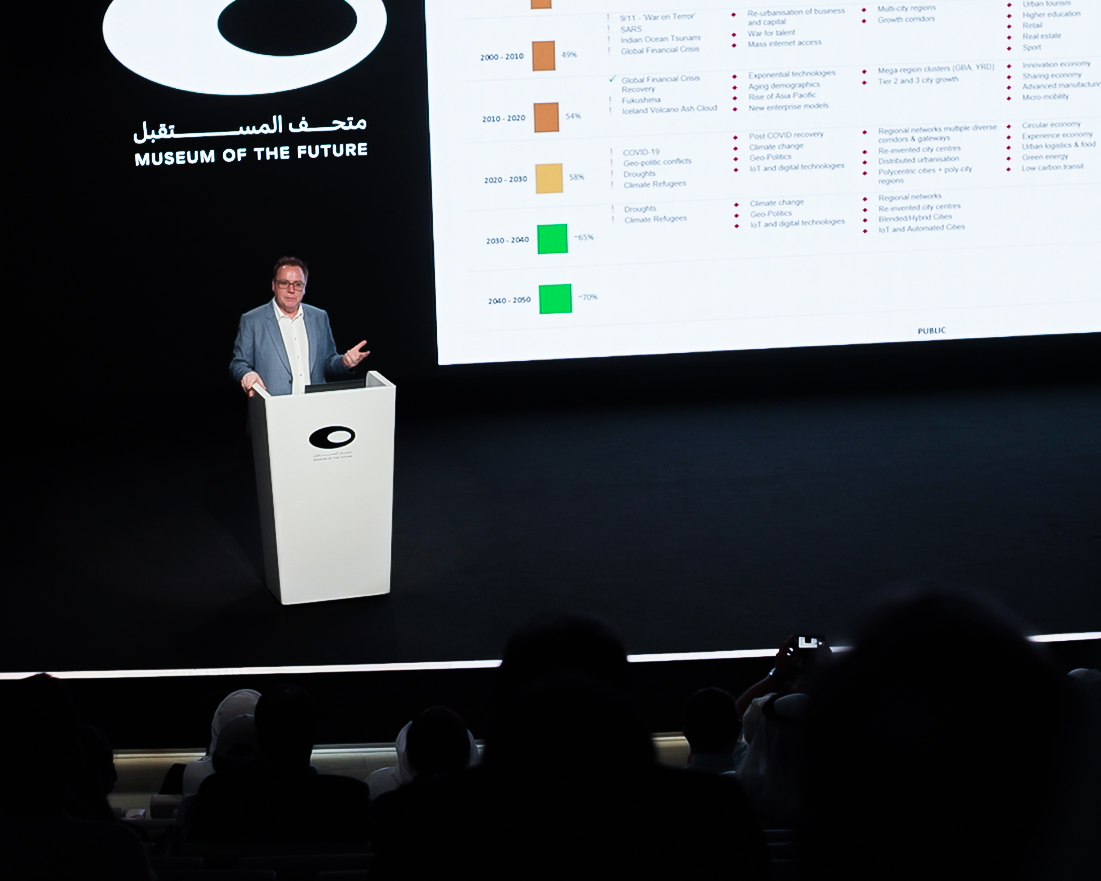
As the world evolved, there has been a lot of thrust on rapid urbanisation and development. Growing awareness and alarming concerns over global warming have emphasised on the need for more sustainable urbanisation. There is a dire need to bring in ‘conscious consumerism’ decisions to have a positive economic, social, and environmental impact to build a successful economy. To create this, the government of India had announced the ‘National Smart Cities Mission’ to develop 100 smart cities across the country, making them citizen-friendly, tech-savvy and sustainable. The tech-advances deployed, it was hoped at the time, would bring the best global practices to Indian cities and orient these towards sustainability.
Integrated, tech-first urban development is fast becoming a reality for India. Having achieved that, we must focus on ecological sustainability, which is of equal importance. Countries now expect to achieve a wholesome future. The marriage of technology with ecological sustainability helps develop a nation that is not only smart, efficient, sustainable but also successful. UNECE and ITU jointly put forward a definition of a smart, sustainable city: an innovative city that uses ICT and other means to improve quality of life, efficiency of urban operation and services, and competitiveness, while ensuring that it meets the needs of present and future generation consumers with respect to economic, social and environmental goals as well as cultural aspects. In India, particularly, the government and the real estate industry are collectively working towards creating this “wholesome future” envisaged.
+INFO: Financial Express




